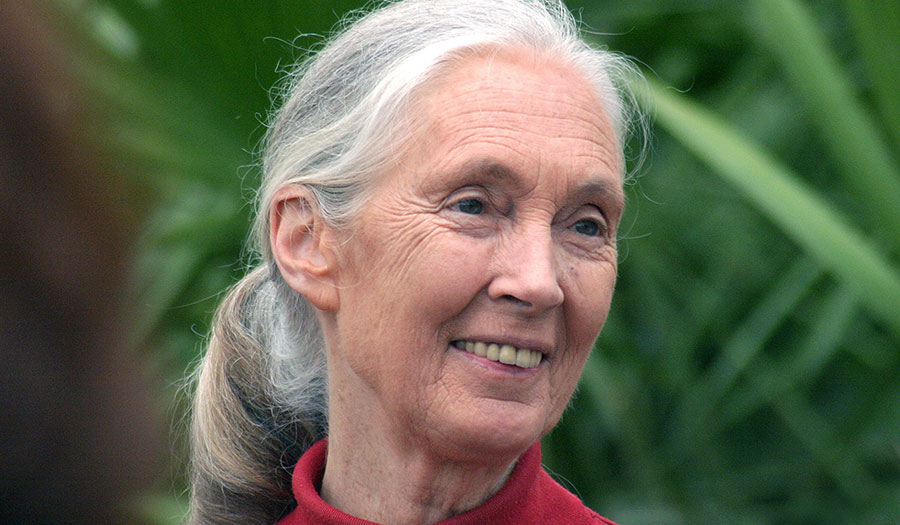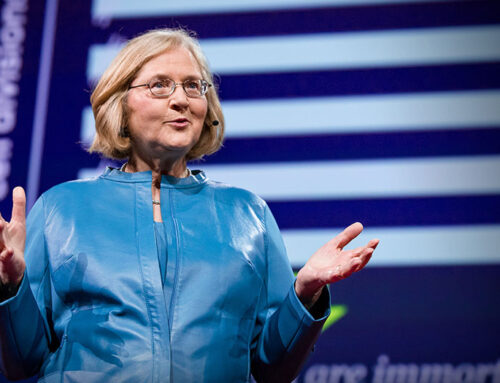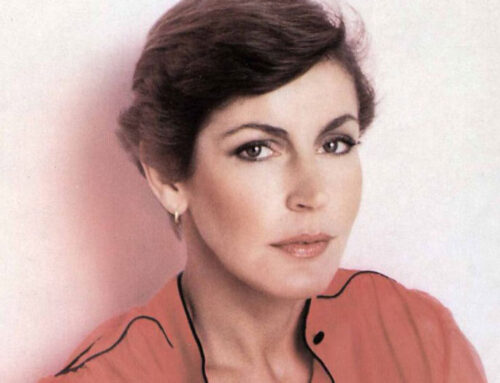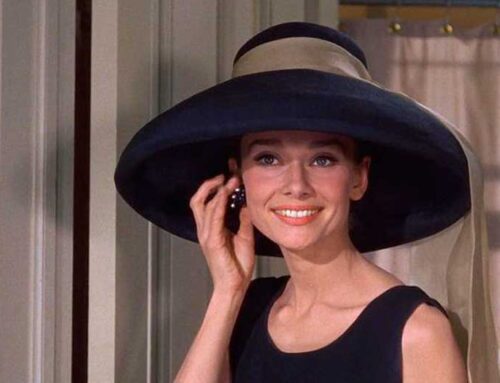“My job is giving people hope”
• This video interview is part of the Human – the movie project
Valerie Jane Morris-Goodall was born in 1934 in London. Jane had always been passionate about animals and Africa, which brought her to the farm of a friend in the Kenya highlands in 1957.
Working as a secretary, she contacted Louis Leakey, the notable Kenyan archaeologist and palaeontologist, to discuss animals. Leakey was looking for a chimpanzee researcher, and sent Jane to London to study primate behaviour and anatomy in 1958. After raising funds for a chimpanzee research project, Jane went to live at Gombe Stream National Park in 1960 accompanied by her mother.
Although she had no degree, Leakey sent Jane to the University of Cambridge in 1962 where she obtained a PhD in Ethology. Her thesis was completed in 1965 on the behaviour of free-living chimpanzees, detailing her first five years of study at the Gombe Reserve.
Her extensive research into the behaviour of chimpanzees fundamentally altered scientific thinking about the relationship between humans and other mammals. At a time when female scientists were often considered too fragile and emotional for fieldwork, Jane proved everyone wrong. Jane Goodall is considered the world’s foremost expert on chimpanzees after her 55-year-long study on the wild chimpanzees of Tanzania.
She is also a dedicated advocate and activist on behalf of animal welfare and conservation causes. Her discovery of tool manufacture and use among the chimps led her to challenge the idea that animals were distinctly different from humans, and argue instead that “we’re not as different from the rest of the animal kingdom as we used to think.”
Today, the Jane Goodall Institute works with people around the world to develop a greater understanding of how we can help humanity while still protecting the natural world.
Jane married wildlife photographer Baron Hugo van Lawick in 1964. The couple had a son, Hugo in 1967, and they divorced in 1974. The following year, she married Derek Bryceson (a member of Tanzania’s parliament and the director of that country’s national parks) who died in 1980. With his position in the Tanzanian government, he was able to protect Jane’s research project and implement an embargo on tourism at Gombe.
Jane has written books for adults and children, contributed to documentaries, serves as a National Geographic explorer-in-residence, a United Nations peace messenger, and the president of Advocates for Animals. She has received honours and accolades from governments, nonprofits, universities, and professional organisations, including a medal from UNESCO and the French Legion of Honour in 2006.
NOTE: In 2017, National Geographic released a fascinating documentary of Jane’s early years in Tanzania using film footage that had never been seen before. Highly recommended (I watched it on Netflix).
> “Jane” documentary




